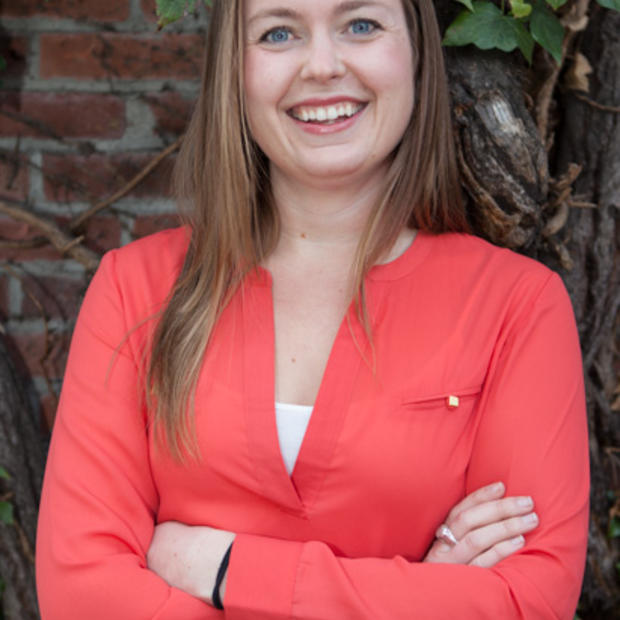On Saturday, Crosscut writer Drew Atkins and I woke up at an ungodly hour (for a weekend) and began our respective pilgrimages to the cavelike Dexter Avenue studios of KEXP. We met there, in the parking lot, clutching our cups of coffee as if they were the only thing standing between the two of us and certain disaster.
In a way, they were.
Drew and I were there on a Saturday to talk with radio host Mike McCormick about Crosscut's Community Idea Lab and the impact the Seattle area's tech boom is having on our region. The culminating event of the Idea Lab will take place tonight at Town Hall: Five ideas that have five minutes each to win your vote.
In our conversation Saturday, we explained the rents that are booming right along with our local tech economy, the communities that are getting left behind or pushed out by our sudden economic success and the rising distaste with the cultural shift those things bring with them. (Shuttered local treasures, sterile photocopied highrises, the brogrammer backlash.) You can listen to our full conversation here.
The point of our early morning pilgrimage wasn't to complain though — or to preach Seattle's slowly-nearing end-of-days in a hide-your-children, bar-the-doors kind of way. The reason we were up early that morning — and the reason we've been devoting hour after hour of Crosscut staff and writer time to writing about and planning this logistical jigsaw of an event — is that we believe in the power of our region. Its ingenuity, its character, its soul.
As I wrote in an earlier Community Idea Lab piece, "We are crafty and scrappy, a community of upstarts — and startups — that embraces idealism and innovation and technology. We are tastemakers and thriftshoppers, big data nerds, biotech luminaries and engineering-minded. Our LOL Cats mine asteroids and build deep ocean observatories and we change the face of global philanthropy with crazy toilets."
In other words, Seattle's tech economy is about more than just apps.
So, how do we use our tech boom as an asset to reduce inequality and improve engagement in King County? We hope you'll join us tonight for the Community Idea Lab: Five ideas with five minutes each to win your vote. Not to mention the expertise and savvy of Seattle Office of Policy and Innovation's Director Robert Feldstein, TechCrunch Founder & CrunchFund general partner Michael Arrington, Seattle Metropolitan Chamber president & CEO Maud Daudon and GeekWire cofounder John Cook.


